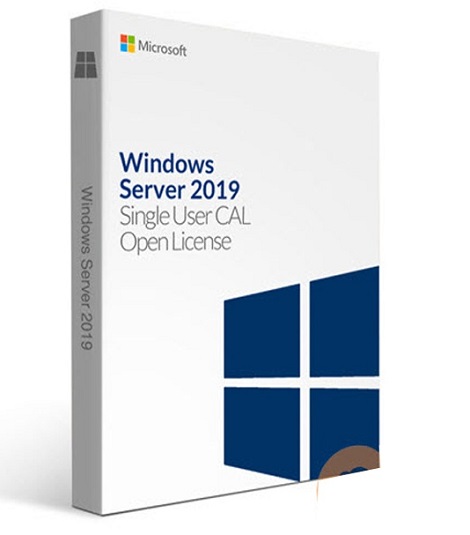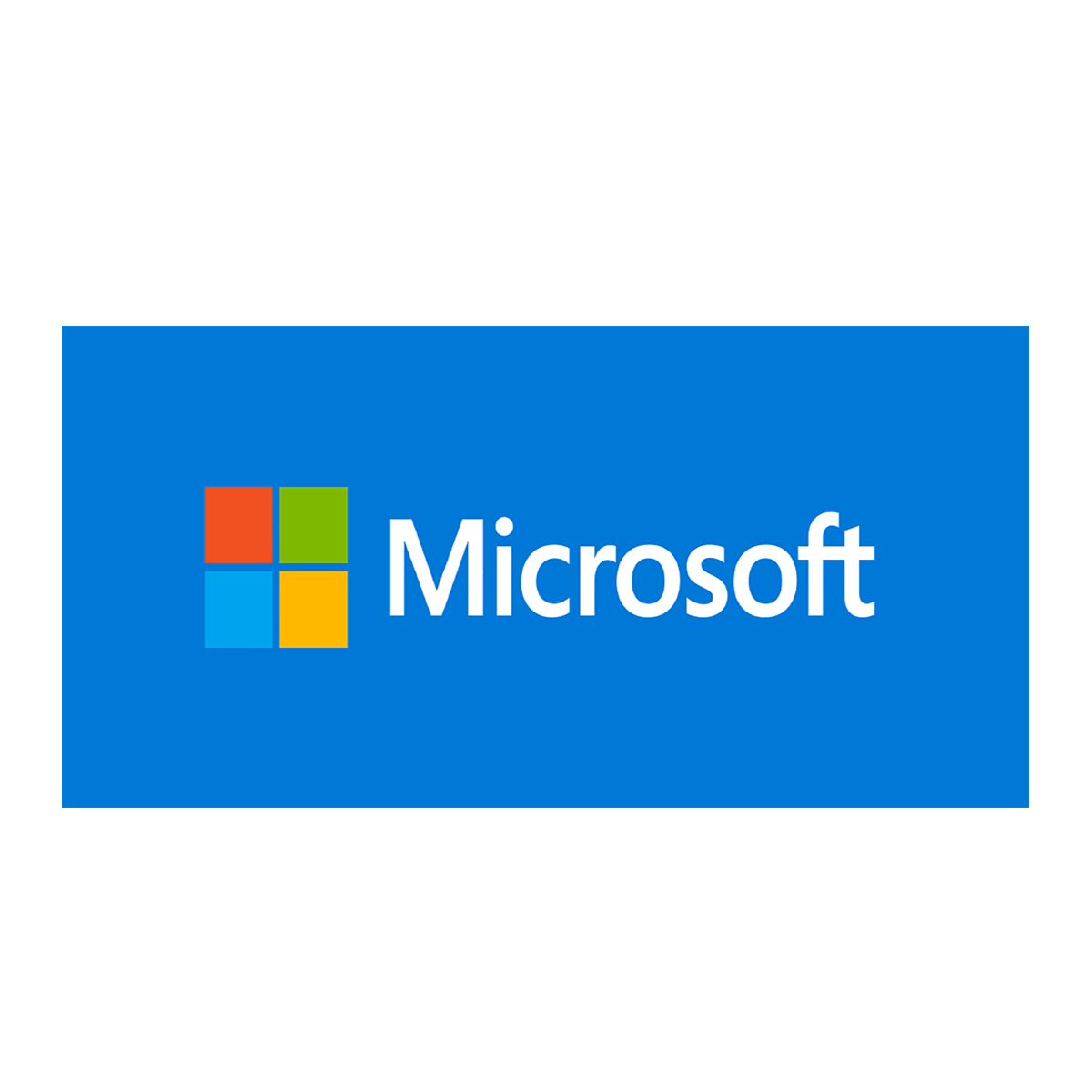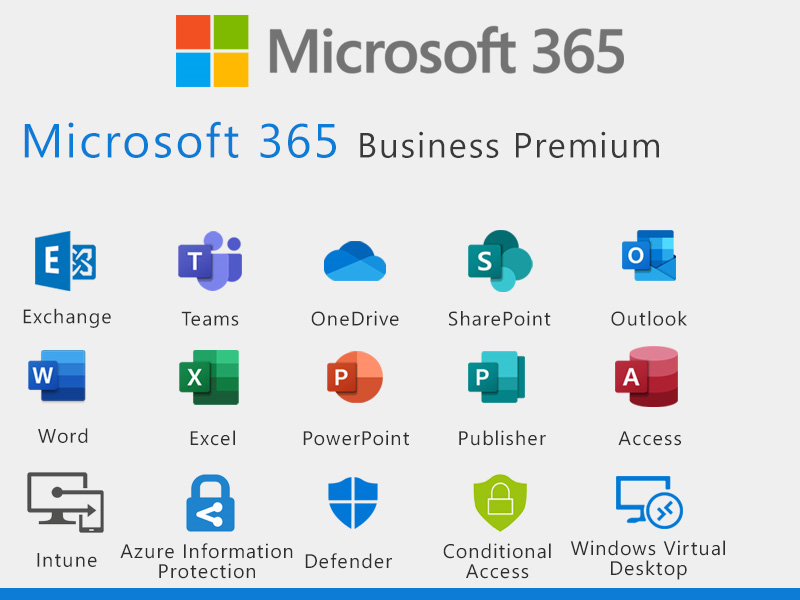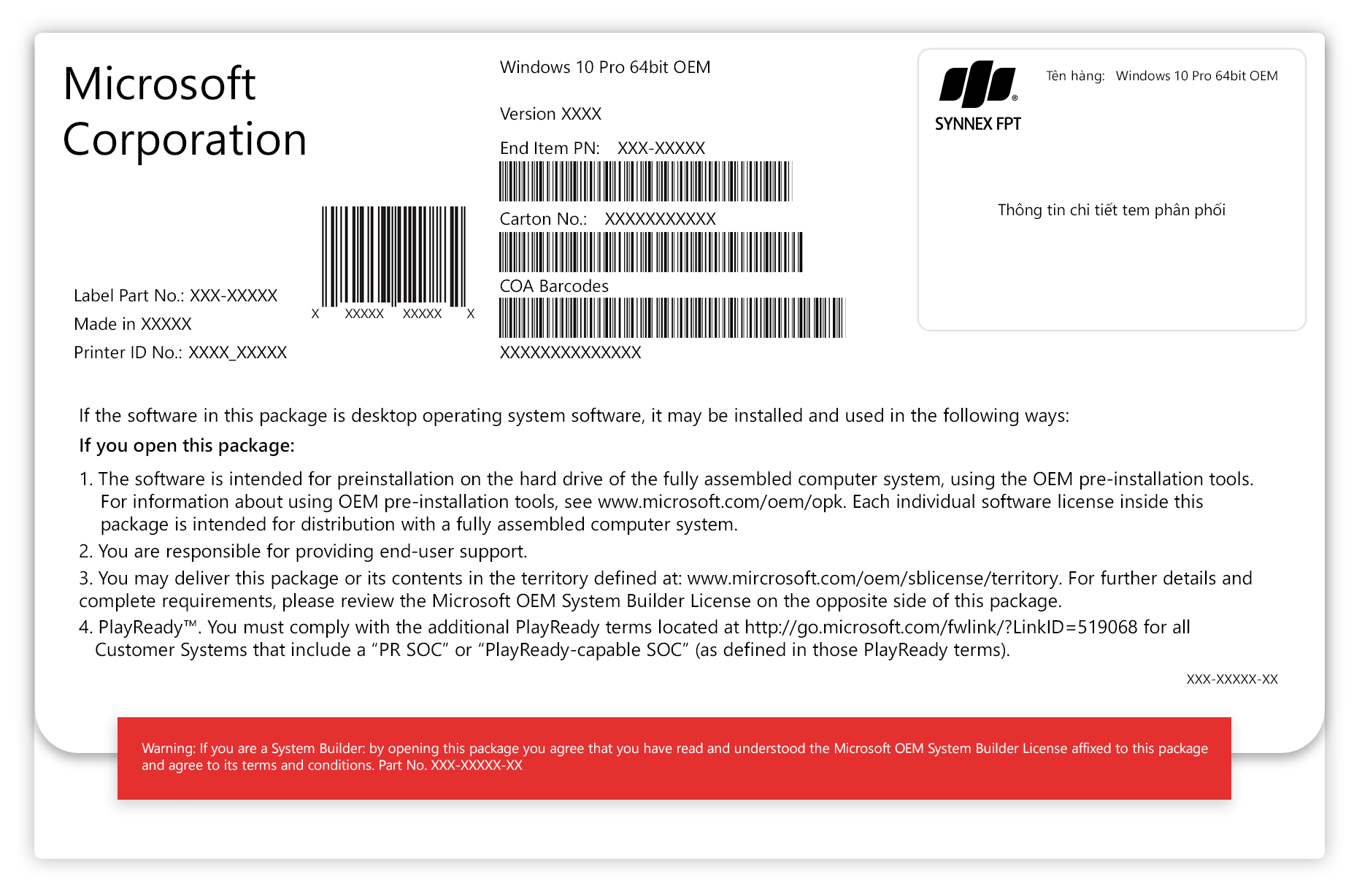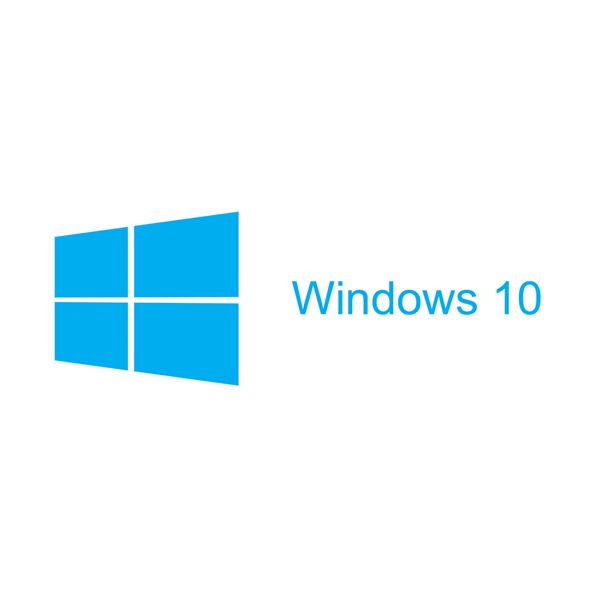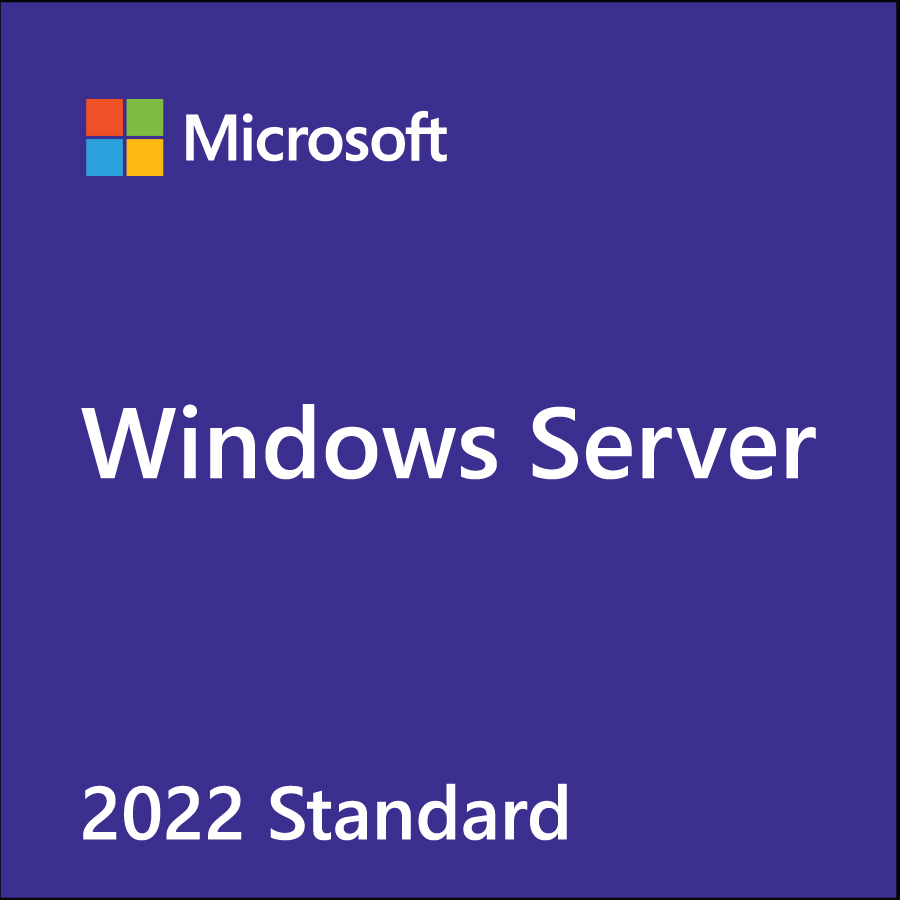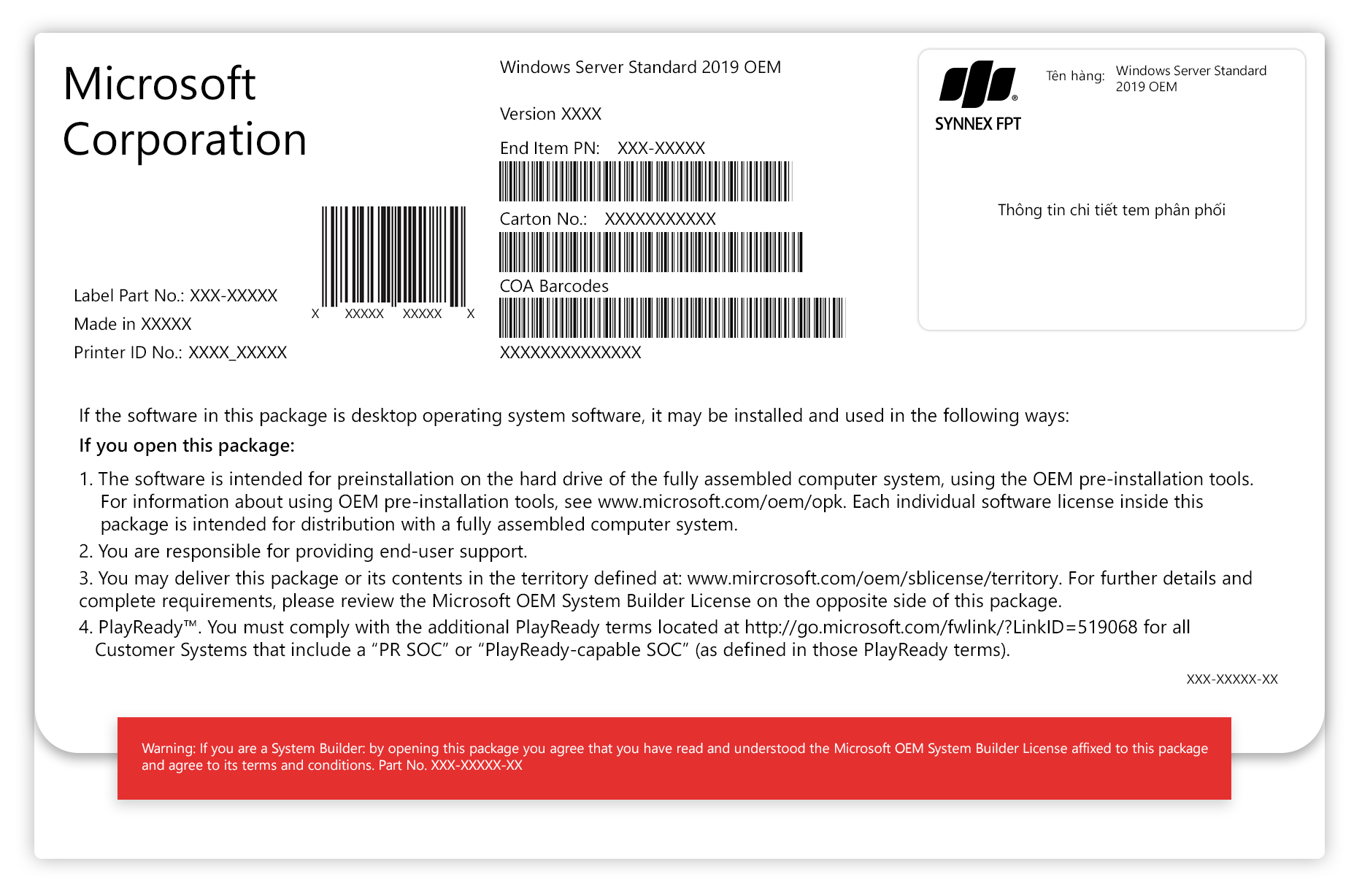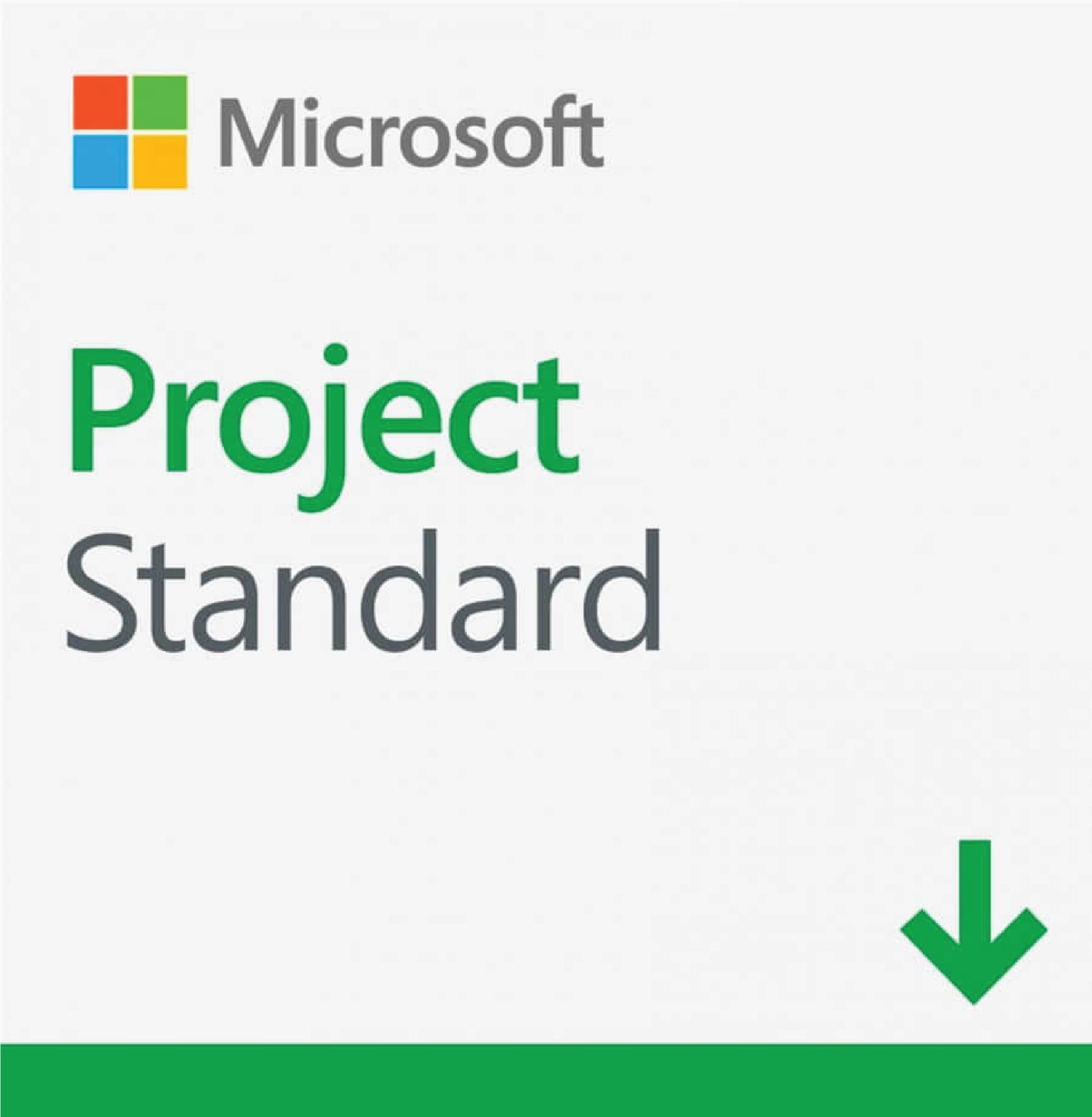What is CAL?
CAL is a license purchased with Windows Server 2019 for the machines and users in the server system.
So why is there a need for a CAL?
If the computers in your organization are connected to the same network, you may have to rely on network server software to perform certain functions, such as sharing files and prints. To properly access this server software, you may need a Client Access License (CAL). Microsoft encourages customers to have enough CALs!
Similarly, if you manage devices on your network using management software such as Microsoft System Center, you may need a Management License (ML) for the managed device.
There are 2 types of CALs
User CALs
With User CALs, you purchase one CAL for each user accessing the server to use services such as file storage or printing, regardless of the number of devices they use for that access. It may make more sense to purchase a user CAL if your company’s employees need to have roaming access to the corporate network using multiple devices or from unknown devices, or if only you simply have more devices than there are users in your organization.
User-Based Client Access Licenses
DeviceCALs
With device CALs, you purchase one CAL for each device accessing your server, regardless of the number of users using that device to access the server. Device CALs can be more economical and provide greater administrative efficiency if your company has employees who share equipment, such as across multiple shifts. Contact PACISOFT!
It is recommended to buy by the number of users when 1 person has many devices and buy by the number of devices when many people use 1 device.
Device-Based Client Access Licenses
Connect External
If you want external users — such as business partners, external contractors, or customers — to be able to access your network, you There are two licensing options:
- Purchase CALs for each external user.
- Purchase an External Connection (EC) license for each server that will be accessed by your external users.
Licensing External Connections
An external user is someone who does not have employee-level access to your company’s network or your affiliated companies’ networks and to whom you provide stored services. Each EC license is assigned to a server that allows access to any number of external users, as long as such access is for the benefit of the licensee and not the external user. Each physical server accessed by external users requires only one EC license regardless of the number of software instances running. Each “version” is an installed copy of the software.
Permission to run separately licensed versions of server software; EC, like CAL, only needs to allow access. The decision about buying CALs or ECs for external users is primarily a financial one.

